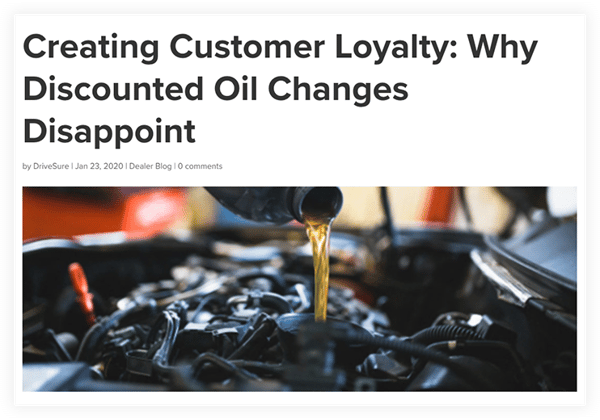Determinants of Beta

What drives the variance and covariance? The variance and covariance and therefore, beta depend on three fundamental factors: the nature of business, the operating leverage and the financial leverage. Those factors are discussed below.
Nature of Business
All economics go through business cycles. Firms behave differently with business cycles. The earnings of some companies fluctuate more with the business cycles. Their earnings grow during the growth phase of the business cycle and decline during the contraction phase.
For example, the earnings of consumer product firms or the cargo firms are tied with the business cycle and they go up or down with business cycle. On the other hand, the earnings of utility companies remind unaffected by the business cycle. If we regression a companies earnings with the aggregate earnings of all companies in the economy, we would obtain a sensitivity index, which we can call the companies accounting beta. The real or the market beta is based on share market returns rather than earnings. The accounting betas are significantly correlated with the market betas.
This implies that if a firms earnings are more sensitive to business conditions, it is likely to have higher beta.
We must distinguish between the earnings variability and the earnings cyclically. A companies earnings may be highly variable, but it may not have high beta. The earnings variability is an example of a specific risk that can be diversified. Cyclically of a companies earnings on the other hand, is the variability of its earnings vies-à-vis the aggregate earnings of the economy.
Operating Leverage
Operating leverage refers to the use of fixed costs. The degree of operating leverage is defined as the change in an economies earning before interest and tax due to change in sales. Since variable costs change in direct proportion of sales and fixed costs return constant, the variability in earning before interest and tax when sales change is caused by fixed costs.
Higher the fixed cost, higher the variability in earning before interest and tax for a given change in sales. Other things remaining the same, companies with higher operating leverage are more risky.
Operating leverage intensifies the effect of cyclically on a companies earnings. As a consequence, companies with higher degree of operating leverage have high betas.
Financial Leverage
Financial leverage refers to debt in a firms capital structure. Firms with debt in the capital structure are called leverage firms.
The interest payments on debt are fixed irrespective of the firms earnings. Hence, interest changes are fixed costs of debt financing. The fixed costs of operations result in operating leverage and caused earnings before interest and tax to vary with changes in sales.
Similarly, the fixed financial costs result in financial leverage and cause profit after tax to vary with changes in earning before interest and tax. Hence, the degree of financial leverage is defined as the change in a companies profit after tax due to change in its earnings before interest and tax. Since financial leverage increases the firms financial risk, it will increase the equity beta of then firm.








